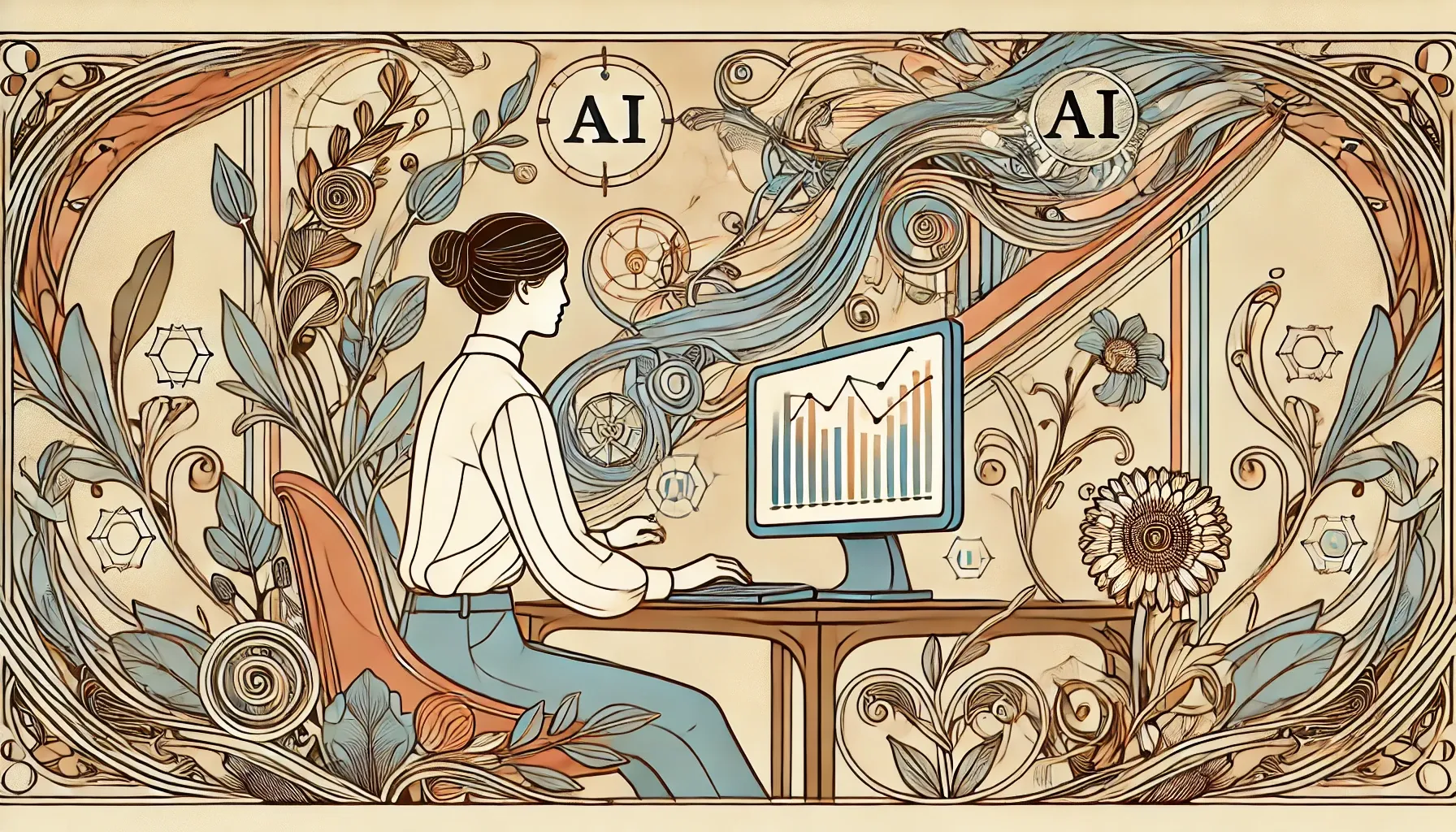How Can AI Personalize Marketing?
Learn how to leverage AI for tailored marketing campaigns. Increase engagement and conversions with personalized strategies.


As a seasoned marketer with over 12 years of experience, I've seen firsthand how the landscape of marketing has evolved. Today, AI stands at the forefront of this transformation, offering unprecedented opportunities to personalize marketing emails and messaging. Leveraging AI allows us to analyze customer data more deeply, crafting tailored content that resonates on an individual level. However, while AI provides these powerful tools, my expertise remains crucial. By using my experience to review and refine AI-generated outputs, I ensure that every message not only meets high standards but also retains the human touch that truly connects with our audience.
For entry-level marketers, AI can be a game-changer. AI simplifies the process of personalizing marketing efforts, making it accessible even for those new to the field. With AI, they can send personalized emails and messages that cater to individual preferences, provide tailored product recommendations, and create dynamic websites that adapt to each visitor. These capabilities help new marketers deliver more relevant and engaging experiences to their audience, setting the stage for successful campaigns and fostering customer loyalty.
Emails and Messaging
AI and machine learning are revolutionizing how marketers craft and distribute emails and messages. By analyzing customer data, AI can predict which content will engage specific individuals under different conditions. This capability allows for the creation of personalized messages tailored to each recipient's preferences. Moreover, AI can automate the timing of these messages, ensuring they reach customers at the optimal time based on historical and real-time data. This personalization extends to behavioral triggers, allowing marketers to send targeted messages in response to specific customer actions, such as browsing activity or location changes.
Tailored Recommendations
AI enhances customer engagement by offering personalized product and service recommendations. By analyzing user behavior and site traffic data, AI models continuously improve their accuracy in suggesting relevant items. Companies like Spotify and Amazon have effectively utilized AI-powered recommendation engines that use content-based and collaborative filtering techniques. These engines recommend products based on their attributes and user interactions, creating a more customized shopping experience.
Dynamic Websites
AI enables the creation of dynamic websites that adjust their content and layout based on individual user preferences. This technology allows each visitor to see a unique version of the website, tailored to their previous interactions and preferences. For instance, Netflix personalizes its homepage for each user, recommending shows and movies based on past viewing habits. Additionally, machine learning helps adapt website content to reflect trending topics, common searches, or user locations, further enhancing the personalized experience.
Assistive Search
Advancements in natural language processing (NLP) have made assistive search more intuitive. AI-powered search engines can guide users through the search process, offering results that align with their preferences and behaviors. Smart search features provide customized suggestions and correct misspellings by understanding the context. Furthermore, image recognition technology allows users to search for items by uploading photos, enabling them to find similar products easily.

Best Practices for AI in Marketing
The Human Touch
While AI can handle vast datasets quickly, human insight remains essential. Marketers should use their expertise to interpret AI-generated insights and optimize campaigns accordingly. Although AI can automate many processes, the human touch ensures that marketing efforts remain relatable and effective. For instance, while chatbots can handle routine inquiries, complex customer interactions still benefit from human involvement.
Predictive Marketing Analytics
AI tools enable marketers to leverage predictive analytics, anticipating consumer needs and behaviors. By analyzing various data points, AI can forecast the types of products consumers are likely to seek and the optimal times for marketing campaigns. Amazon, for example, uses predictive analytics to suggest products based on previous purchases, enhancing customer satisfaction and conversion rates.
Dynamic Content Generation
AI can create content that adapts to individual user preferences in real-time. This includes personalized email subject lines, website content, and social media ads. By harnessing data analytics and automation, marketers can deliver highly relevant content that resonates with their audience. Dynamic content generation helps marketers respond swiftly to changing market conditions, boosting engagement and conversion rates.
Conclusion
AI-powered personalized marketing offers a transformative approach to customer engagement, from customized emails and recommendations to dynamic websites and assistive search features. Implementing best practices such as maintaining human oversight, ensuring compliance, leveraging predictive analytics, and adhering to ethical standards are crucial for maximizing the benefits of AI in marketing. As consumer expectations for personalization grow, AI provides the tools necessary to meet these demands, creating more meaningful and effective marketing experiences.
References
- Marketing AI Institute. (2022, August 30). AI-Based Marketing Personalization: How Machines Analyze Your Data. Retrieved from https://www.marketingaiinstitute.com/blog/ai-based-marketing-personalization
- Marketing Evolution. (n.d.). What is AI Marketing? A Complete Guide. Retrieved from https://www.marketingevolution.com/marketing-essentials/ai-marketing
- NRLA. (n.d.). AI-Powered Personalization in Marketing. Retrieved from https://nrla.org/ai-powered-personalization-in-marketing/
- Web.com. (2024, February 24). How to Build the Ultimate AI Marketing Strategy. Retrieved from https://www.web.com/blog/guide-to-ai-marketing/
- HubSpot Blog. (2024, March 7). AI in Digital Marketing — The Complete Guide. Retrieved from https://blog.hubspot.com/marketing/ai-marketing






















